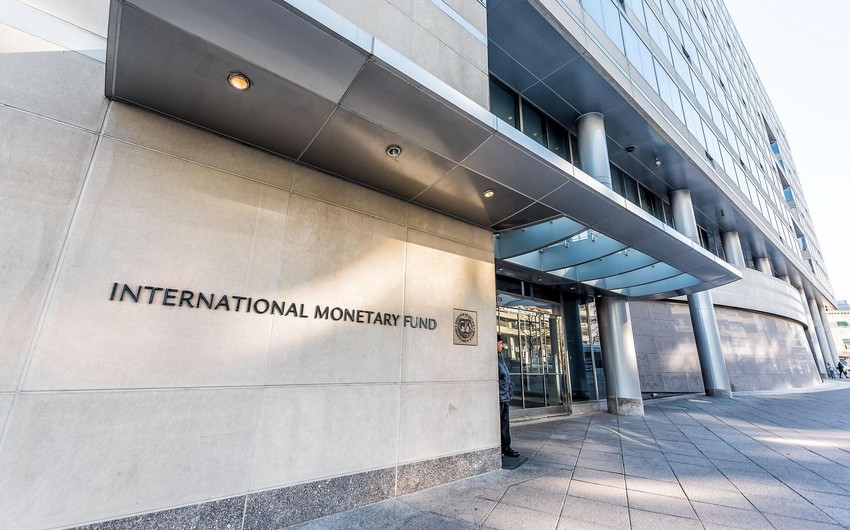The Executive Board of the International Monetary Fund (IMF) has approved a 48‑month extended arrangement under the Extended Fund Facility (EFF) with an amount of SDR 11.6 billion (577 percent of quota or about $15.6 billion), Report informs referring to the IMF website.
This arrangement is part of a $115 billion total support package for Ukraine. The Executive Board’s decision allows the immediate disbursement of around SDR 2 billion (or $2.7 billion).
The overarching goals of the authorities’ program are to sustain economic and financial stability at a time of exceptionally high uncertainty, restore debt sustainability on a forward-looking basis in both a baseline and downside scenario, and promote reforms that support Ukraine’s recovery on the path toward EU accession in the post-war period.
The program, together with financing assurances from the G7, EU and other donors, is designed to solve Ukraine’s balance of payment problem and restore medium term external viability. It is in line with the IMF's policy requirements under the recently modified financing assurances policy on Upper Credit Tranche-quality financing for countries facing exceptionally high uncertainty, with adequate safeguards for IMF lending.
In view of the exceptionally high uncertainty faced by Ukraine, its IMF-supported program envisions a two-phased approach:
In the first phase of the program, envisaged during 2023-24, the focus will be on (i) implementing a robust budget for 2023 and bolstering revenue mobilization, including by avoiding new measures that might erode tax revenues, (ii) sustaining steady disinflation and exchange rate stability, including through maintaining adequate foreign exchange reserves, and (iii) contributing to long-term financial stability, including by preparing a deeper assessment of the banking sector health and further promoting central bank independence.
The authorities are also committed to safeguarding and continuing reforms to strengthen governance and anti-corruption frameworks, including through legislative changes. Social spending will be safeguarded under the program.
The second phase of the program will shift focus to more ambitious structural reforms to entrench macroeconomic stability, support the recovery and early post-war reconstruction, and enhance resilience and higher long-term growth, including in the context of Ukraine’s EU accession goals.
Ukraine would be expected to revert to pre-war policy frameworks, principally a flexible exchange rate and inflation targeting, while boosting productivity and competitiveness, strengthening institutions, and tackling financial and energy sector vulnerabilities.
In addition, fiscal policies would focus on critical structural reforms to anchor medium-term revenues through the implementation of a national revenue strategy, together with strengthening public finance management and introducing public investment management reforms to support post-war reconstruction.


 https://static.report.az/photo/4bc60b32-c74d-34ef-9c58-ff23f6c14be4.jpg
https://static.report.az/photo/4bc60b32-c74d-34ef-9c58-ff23f6c14be4.jpg

